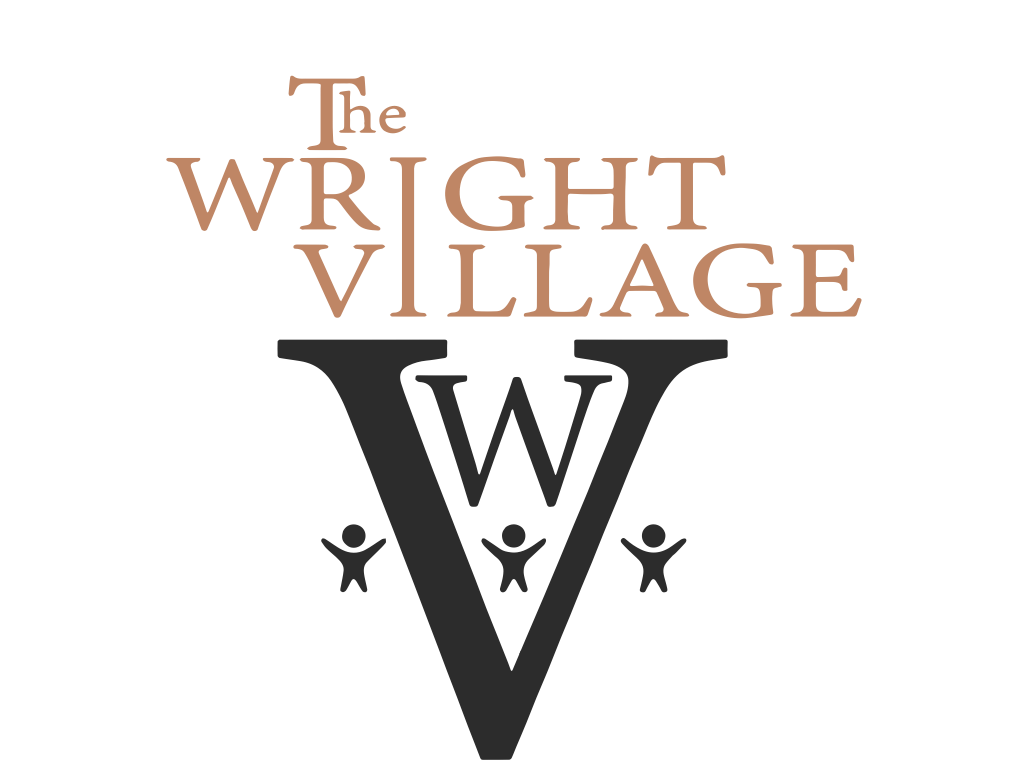How To Start A Podcast: Planning Your Name and Content
At The Wright Village, we are committed to the success and prosperity of all small business owners in the Raleigh, NC area. In this current digital age, podcasting can be a great marketing tool for small businesses. If done correctly, podcasting can allow small business owners to gain exposure to their brand as well as build a community of like-minded entrepreneurs.
The Podcast Room at The Wright Village
However, for most, it can be difficult to know where to start. For that reason, we have put together this guide for how to produce a successful podcast: from start to finish. In this series, we’re going to walk you through every stage of launching your show, from planning to publishing. By the end, you’ll know exactly how to make a podcast, and hopefully be motivated to do it as soon as possible!
This is the first of five installments in the “How To Start A Podcast” series.
Planning Your Podcast Name & Content
So, you want to make a podcast? Awesome! Now what? In this article, we are going to help you plan every aspect of your podcast, from the podcast name to the episode format. Let’s dive in!
There are two questions you need to ask yourself before you get started: “What is your podcast for?” and “Who is your podcast for?”.
What is your podcast for?
First, what is your podcast for? Not so much, what is it about, but why do you want to make a podcast? If you are a freelancer, business owner, or marketing manager, you might have identified podcasting as a great way to build authority, and provide your customers and target audience with valuable and entertaining content.
If you are looking at podcasting from a hobbyist perspective, you are probably creating a show in your spare time and the subject will be something you are passionate about. In either case, it is important to keep your “why” in mind at all times. This way you can stay motivated, even when you're finding it difficult to get a show out.
Who is your podcast for?
From day one, it is imperative to answer the overarching question: “Who are you making this podcast for?” Unless you know exactly who you are making the show for and why you’re doing it, you’ve got no chance of attracting and growing an audience. All the decisions you make surrounding the show should be geared toward your target audience, plain and simple.
If you are creating a podcast to draw traffic to your business, your approach will be slightly different than that of a hobbyist. For example, suppose you own an auto shop and want to make a podcast about refurbishing cars and other news in the industry. Your target audience would be car enthusiasts, other mechanics, and perhaps those into car racing. You want your target audience to essentially be your target market for your business, as you ultimately want to drive traffic to your business with the podcast.
If you are creating a hobby show, your target audience would simply be those who share your passion. For example, if your show is based around your love for reality TV, your target audience would likely be fans of TV shows like The Real Housewives franchise or other Bravo shows, The Bachelor franchise on ABC, and Selling Sunset on Netflix.
Podcasters tend to create a listener persona before getting started. Sketching out exactly who the person really is that will be listening to your show, helps give a face and backstory to your audience. That persona is something to keep in mind every time you plan an episode: “Would John, our listener persona, like this? Is this focused on what he likes, what he's interested in?”
Figuring out exactly WHO you're speaking to is one of the most important tasks in podcasting. If you don't know the listener on the other end of those earbuds, then it's likely your content will languish in a land of ‘meh…', forever.
Keeping your listener persona in mind when planning episodes will help to keep your show focused and on track, both of which make for engaging content. Simply put: Un-targeted, un-personal content, made for everyone = un-ispiring, un-engaging content for anyone.
Do I need an audience to start a podcast?
This is probably the most frequently asked question when getting started, so we will tackle that first.
If you already have an audience built around something other than your podcast, (i.e. you’re part of a well-known brand, a musician, former athlete, reality tv star, etc…) it’s a good idea to stick to the interests of your fan base if you want to appeal to that audience. If not, that’s ok too!
During the planning stages of your show, you may choose to survey your audience. Here, you can ask them things like “what's your biggest pain point?” and “what are you struggling with right now?”. This could help you shape your content, going forward.
What if I don’t have an audience?
If you don’t already have an audience before beginning your show, welcome to the vast majority of people! There are many things that might put off launching your own show, please don’t let this be one of them. Most podcasters launch their show by just talking “in the void”, and take measures later to steadily grow an audience from scratch.
ThePodcastHost.com conducted a 2020 Podcast Discovery Survey, that found that potential new listeners do not care whether they have heard of you, or not. In fact, it is the least important factor they consider when deciding to skip or hit play. Click the link above to discover more stats and info.
Give people a reason to listen
Whether you’re providing information that will help people refurbish a classic car, or doing a really entertaining interview with your favorite Bravo-lebrity, you are providing value to your listeners.
You have given your audience a reason to listen, and also a reason to come back for more. When you are in the planning stages of your show, it is a good idea to write down 10-15 potential episodes that you think your target audience would like to listen to. Tease these topics in your episodes to give your listeners a taste of what your show will be about.
It can be a little overwhelming in the planning stages, but if you are very clear and specific about what your listener stands to gain by listening to you, the more valuable your show will be to your target audience. Not only is it important to know who, specifically, you are talking to, but also what makes your show (and YOU) unique. Why should the listener hit play on your show and not the dozens of other shows on your topic? What do YOU have to offer that is different and more valuable than the other shows?
Too many shows are too vague on what the listener stands to gain by listening to them, simply because they don’t take the time to hammer out the specifics of their ideal listener. Don’t be one of those shows!
How to give your podcast the perfect name
Here is a guide to everything you need to know about naming your podcast.
The Clever Name
Everybody loves a clever title. You might think of a really clever name for your show,but remember that people need to be able to find it when they’re searching for information about your topic. If you have a catchy name for your show, then try to also incorporate a description into the title. There’s no point in putting out great content if nobody can find it.
For example, suppose there is a show called “Path of Most Resistance”. It probably falls into the ‘clever name’ category, because it is a play on the common phrase “The Path of Least Resistance”. So, to give a bit of description, you could also use the tagline: The Uncommon Leader’s Guide. Now the listener knows that the show will probably be about uncommon leadership practices or about unlikely leaders.
The Informative Name
The searchable (but some might say boring) choice is to simply call your show what your target audience are searching for. If our auto shop owner called his podcast “The Car Show”, then there is no doubt what it is about. There is definitely value in this, although it could possibly reduce how memorable your show is.
Avoid getting too long and wordy if you go down this route. Remember you’ll need to say the podcast name quite a lot when recording your episodes, so make sure it rolls off the tongue.
While you may be tempted to just use your own name to title the show, this is pretty much a “no no” unless you already have an audience. Suppose someone started “The Susie Smith Show” and it was about water skiing. Most people would likely ask themselves “Who is Susie Smith?”, and then move on to the next podcast. Again, you can incorporate this into your show’s name along with something descriptive (‘Water Skiing with Susie Smith’). But, avoid naming the show after you without any other details.
How we can help
At the Wright Village, we are committed to the success of all small businesses, specifically in the Raleigh NC area. We have a room dedicated to podcast creation, complete with equipment and sound-proof walls.
You can rent the room for $75/hour and all equipment is included. Use the tools we mentioned in this article to plan your content, and come prepared to record. We cannot wait to see your podcasting dreams become a reality.











